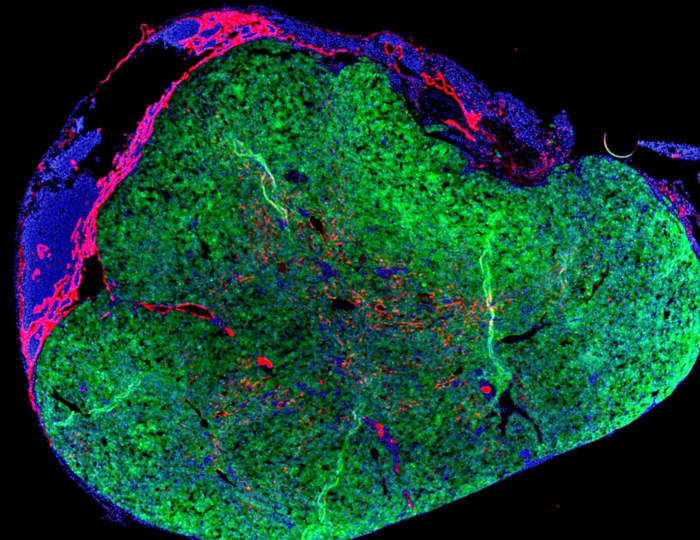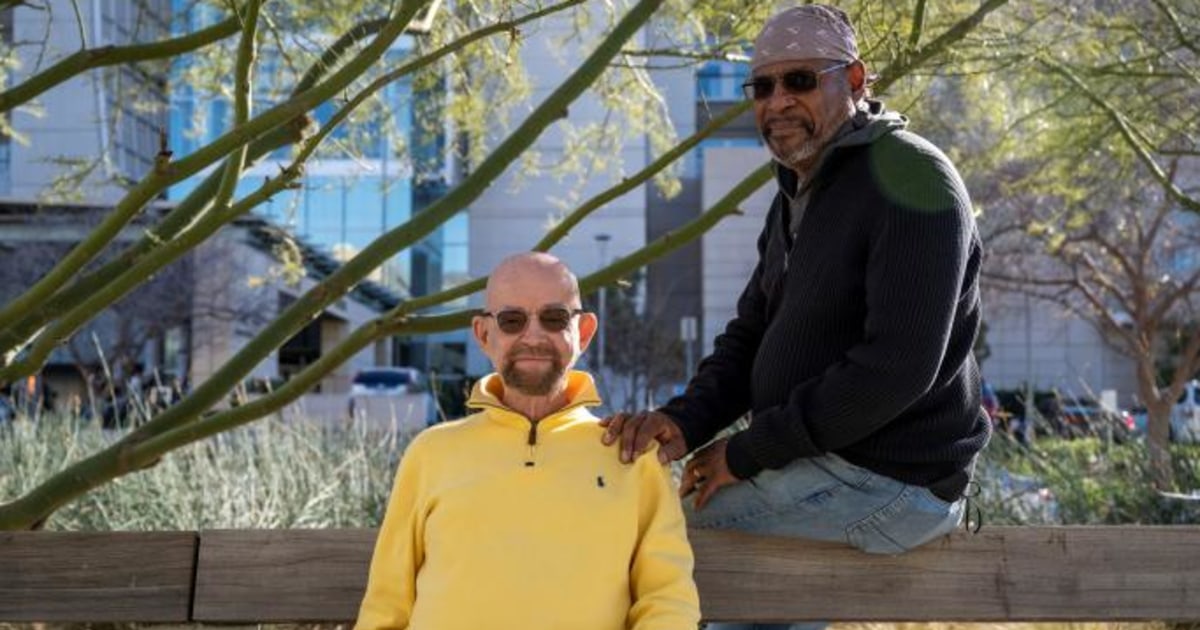By
Evan
BushNBC
News
New scientific research may change the ideas we have about life and death.
Yale University researchers used a new technique to resuscitate cells in organs from pigs that had just died, making them function again.
The finding, published Wednesday in the journal Nature, raises profound ethical questions about the medical definition of death, but also opens up new possibilities for human pig organ transplants.
"My eyes went wide
," said Brendan Parent, a professor of bioethics at the Grossman School of Medicine in New York, referring to the experiment.
"I got to thinking about all the crazy things that could happen in 20 or 30 years," he added.
Parent was not involved in the study, but was asked by Nature to comment on the implications of the new technology.
The research is still in an experimental phase and many years before it has any application in humans.
But in the future, it may help prolong the lives of those who have heart attacks or strokes.
It also shows potential to drastically change the way organs are procured for transplants.
When the heart stops beating, blood flow is interrupted through a process called ischemia, and a cascade of biochemical effects begins that leads to death.
The supply of oxygen and nutrients to the tissues is cut off and the cells begin to shut down.
It is a path to death that causes damage that scientists have so far considered irreversible.
The new research challenges that idea.
"The disappearance of cells can be stopped," Nenad Sestan, a professor of neuroscience at Yale School of Medicine and an author of the new research, told a news conference.
"We restored some cell function in multiple organs that should have been dead," he said.
“The assumption that the loss of oxygen to the brain or organs in a matter of seconds or minutes means those organs are irreparably damaged and lost, that is not true,” said Nita Farahany, a professor of law at Duke University, who did not participate in the study.
"They continue to live in more than 70 people," says the mother of two men who donated organs when they died
Aug. 1, 202202:32
The definition of death changes as new life support technologies such as ventilators or ECMO are developed.
“Death is a process,” Parent explained, “technology has, at various critical moments over the last few decades, changed the goals of when that process begins and when we can say the death process is over.”
"All the iterations of machines that can maintain or restart lung or heart function have changed our perception, our experience, of when we can say it's worth trying to save someone's life," he added.
The Yale researchers do not envision using this new technique, dubbed OrganEx, to treat people in the short term.
OrganEx could help transport organs more easily and over greater distances.
It could also prevent organs from being lost to ischemic damage, potentially increasing their availability.
“From a transplant perspective, where every second is critical, what if it wasn't?
If we had more time? Farahany wondered.
The potential of new technology opens up new and incisive questions of medical ethics, and adds a new twist to some that have not yet been resolved.
Ethicists have been debating, for example, whether it's appropriate to use technology like ECMO to preserve organs in patients declared dead under cardiorespiratory criteria.
“If we decide that someone is dead because their heart stopped, but we use a technology to restart their heart, even for organ preservation, does that undermine the determination of death?” Parent asked, outlining the most popular argument for what which is still an unusual practice.














